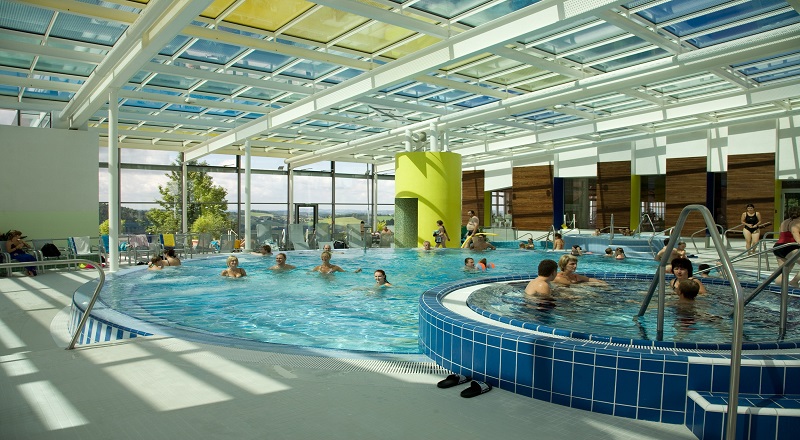Postgraduate courses in Leisure Management
Leisure Managers are the brains behind some of our favourite fitness classes, gym centres and fitness activities.
There are many postgraduate courses in the area to allow those with an interest in fitness and sport to continue developing their knowledge and expertise or for those who wish to move in that direction with their careers.
We have some information that might help you on your path. Whether you’re already working in leisure management and want to increase your knowledge or if you’re looking for a course to help you gain a role in management, you are sure to find a suitable postgraduate course.
What does a leisure manager do?
The daily duties of a leisure manager may differ from day to day. As a leisure manager you may work unsocial and long hours including weekends, evenings and bank holidays. Your working hours will depend largely on your employment type whether its a leisure centre or hotel as well as the size of the business. Duties may include:
- Create fitness programmes, activities and event
- Recruit, train and supervise leisure staff
- Manage budgets of leisure centre
- Keep records on finances and statistics
- Develop new facilities and ideas for current equipment and space
- Ensure centre is up to health and safety standards
- Deal with customer complaints and help with questions they may have
- Maintain a high standard of service for customers
- Promote business
- Keep up to date on marketing skills and techniques to promote business
Courses
There are many courses on offer in the area across the UK. Some courses offer the opportunity to study either part time or full time. Universities may have certain restrictions in place due to Coivd-19 and may offer courses online. Courses available include:
Sports Management
Postgraduate courses in sports management focus largely on the management skills and approaches by students and will help them to accelerate their progress in becoming a sports manager. If you are already working in sports or leisure, these courses will help you to make your way into management roles and will help you develop your business skills that are needed in management roles.
Sports and Exercise (Sport and Community Development)
Courses in this area will challenge students to develop a critical mind, enhance their knowledge to expert level as well as exploring different areas of health, exercise intervention and sports education. Areas that will be touched on include physiology, psychology, coaching studies, biomechanics and sports injuries.
Sport Business, Management and Policy
Postgraduate courses such as those in sport business, management and policy will cover topics such as sport policy, marketing and business analytics. A large part of these courses also include improving your networking skills and making connections and relationships with those already in the industry. Students will also cover a range of business related topics as well as the sports side of things.
Entry requirements
Entry requirements may differ from course to course or university to university. Therefore, it is important to research your specific course in detail to ensure you meet the entry requirements. As these courses are postgraduate courses, you will need a bachelor’s degree. Some courses may accept a 2.2 degree while others will require a 2.1. A degree in a relevant area is helpful but not always necessary.
Salary
The salary of a leisure centre manager can vary depending on your employment type, the company you work with, the location and size of the chain/if it’s independent. There are many variables. However, it is believed that leisure managers can earn between £25,000 – £30,000 and rise to around £35,000 with experience. The average salary is believed to be close to £27,700. All figures are based on estimates and are intended as a guide only.
Employers
Employers of leisure managers include:
- Leisure groups
- Hotels
- Fitness centres/gyms
- Local authorities
- Educational institutions
- Commercial organisations
Skills and requirements
Skills and requirements helpful in this area include:
- Strong communication skills
- Physical fitness or interest in fitness and sport
- Strong interpersonal skills
- Commercial awareness
- Ability to act on a customer complaint
- Ability to act under pressure
- Organisational skills
- Excellent problem solving skills
- Ability to work well with others
- Leadership skills
- Strong customer service skills
- Skills in administration
- Ability to manage finances




